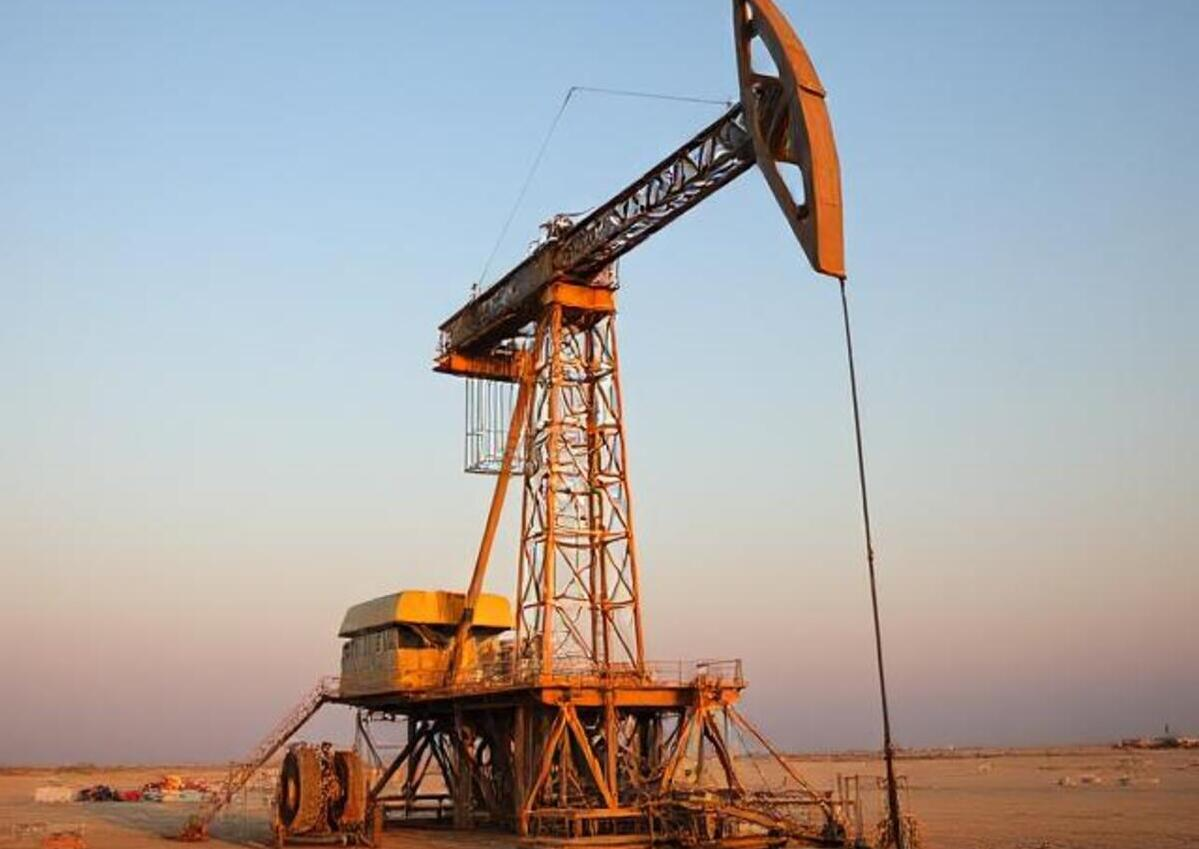Major expansion of Leviathan supply
Israeli energy group NewMed has finalised a $35bn agreement to expand natural gas exports from the Leviathan field to Egypt, nearly tripling volumes by the end of the decade.
The offshore field, operated by NewMed alongside Chevron and Ratio Oil, currently sends about 4.5bn cubic metres (bcm) of gas annually to Egypt – a supply that will rise to around 12bcm by 2029.
The deal comes at a politically charged moment. Relations between Cairo and Tel Aviv have soured over Israel’s military campaign in Gaza, which Egyptian president Abdel Fattah al-Sisi has labelled a genocide.
Nonetheless, Egyptian energy demand is pressing, with the country increasingly dependent on imports following a fall in domestic production.
Long-term supply commitment
Under the agreement, NewMed will deliver 130bcm of gas to Egypt over 15 years – an amount equivalent to about two years of Egypt’s total consumption. NewMed chief executive Yossi Abu called the deal “a win-win,” arguing it would save Egypt considerable costs compared with importing liquefied natural gas (LNG) from further afield.
To achieve the planned increase, the consortium will install a third undersea supply line from Leviathan to its offshore platform this year. A further $2.5bn will be invested in two new production wells and supporting infrastructure, with completion targeted for 2029. A new onshore pipeline to the Egyptian border at Nitzana is also planned.
Economic urgency outweighs political strain
Despite heightened public anger in Egypt over Gaza, Cairo continues to pursue energy cooperation with Israel. Dr HA Hellyer of the Royal United Services Institute noted that many Egyptians might fear such reliance could give Israel leverage over their government.
Negotiations for the deal began two years ago, according to Abu, who declined to say whether the Gaza war influenced discussions. “We are focused on commercial benefits, not politics,” he said.
Egypt’s energy shift
Leviathan, containing roughly 600bcm of reserves and expected to produce until 2064, is among the Mediterranean’s largest gasfields. For Egypt, once a gas exporter itself, the deal is part of a wider effort to address energy shortfalls. Power cuts during the summer of 2024 – blamed on production declines and soaring temperatures – caused public frustration and slowed economic activity.
Since then, Egypt has boosted imports and begun clearing debts to international energy companies to encourage renewed exploration. The latest deal with Israel is set to become a cornerstone of its strategy to stabilise supply and avert future blackouts.







